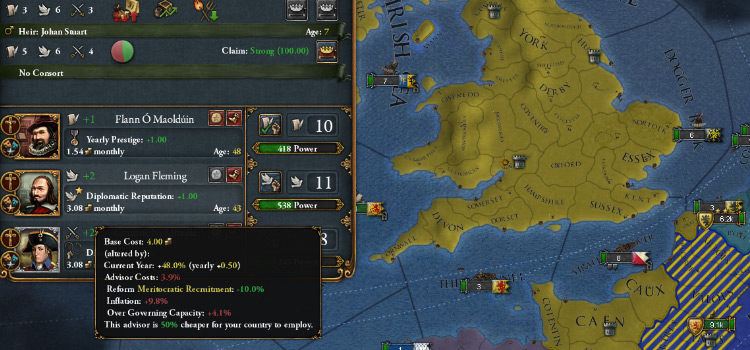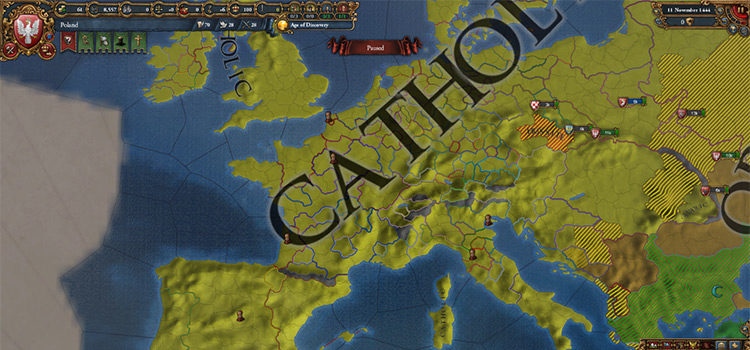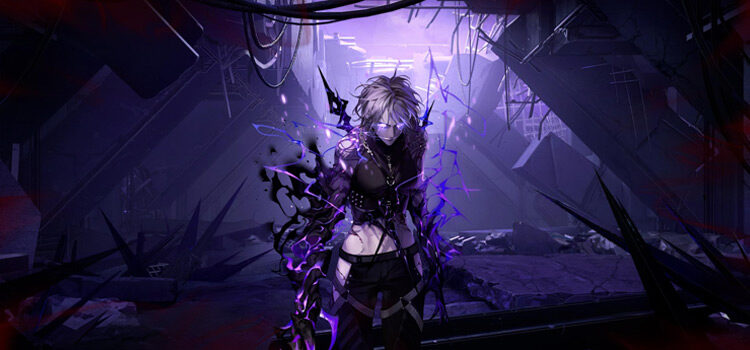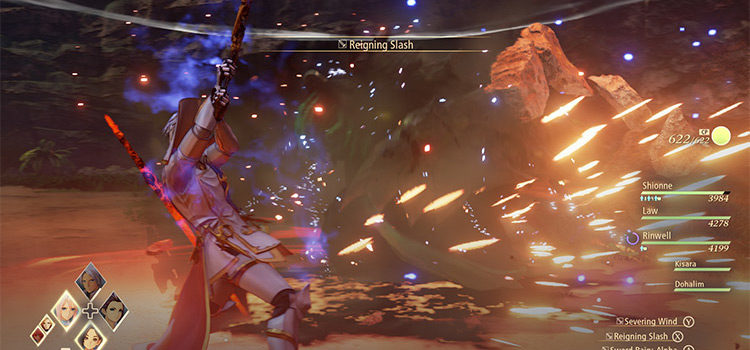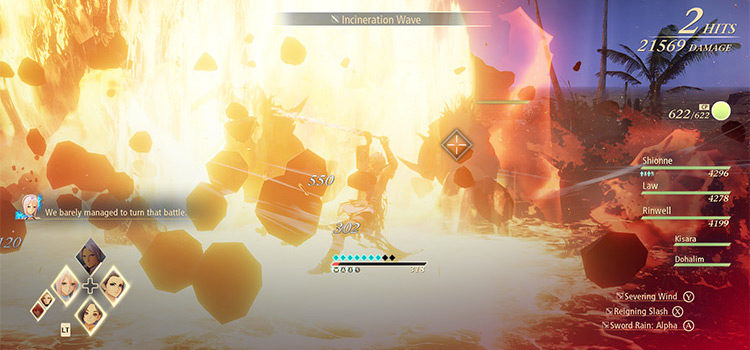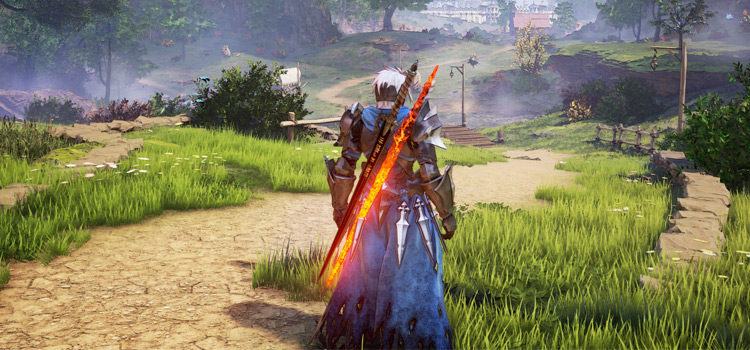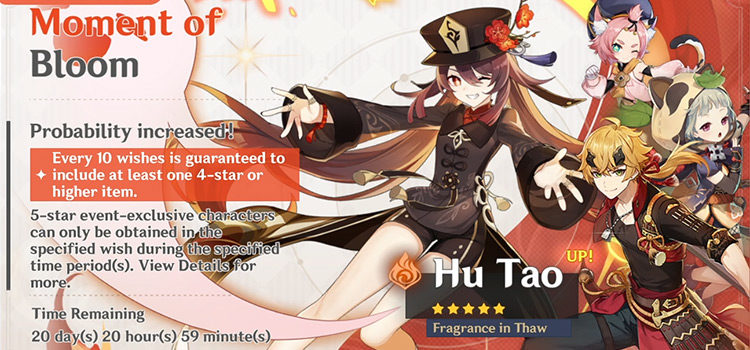Vic 2 Ultimate Tariffs Guide (What They Do & How To Use Them)
This post may contain affiliate links. If you buy something we may get a small commission at no extra cost to you. (Learn more).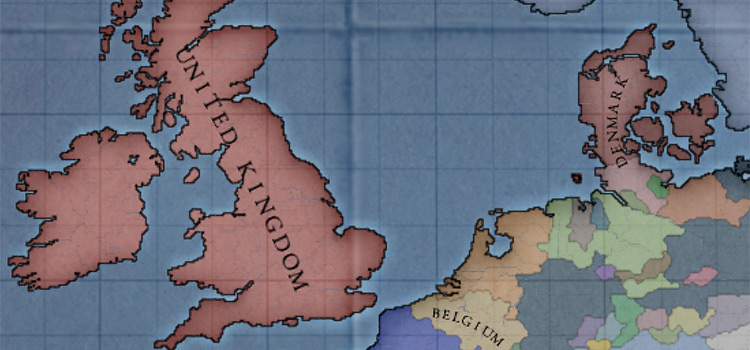
Tariffs are taxes on imported goods. They can be fundamental for your economy, or ruin it, so you should ponder when and how to use them.
In the early game, tariffs will allow you to develop your nation and thrive by bringing in a lot of money. Later, over-reliance on this kind of revenue can destroy your industry and impoverish your artisans.
Knowing how and when to decrease tariffs to keep your POPs happy and wealthy is game-changing and can lead to an economic boom.
How Tariffs Work

You can manually set the tariff rate through a slider in the budget menu. It ranges from -100% to 100% and determines tariffs on all imports.
Positive tariffs are always paid by your POPs and factories to buy consumer goods and raw materials not available in the domestic market.
Artisans are hit hard by tariffs, and factories suffer, generally requiring government subsidies to survive and not shut down. Your POPs will have less money to spend and fulfill fewer needs, just as when the tax rate is too high: they will hardly promote and may even demote.
Negative tariffs, on the other hand, act as a subsidy. You will pay the negative rate instead of your population.
For instance, if a factory is buying coal and your tariffs are set at -25%, the government budget will pay for one-quarter of the coal, while the factory will pay the remaining 75%.
As the same goes for consumer goods, this will make your POPs richer, but at a very steep price. Generally, if your budget can support such subsidies you are importing very little and relying on the domestic market.
Who’s Affected By Tariffs?
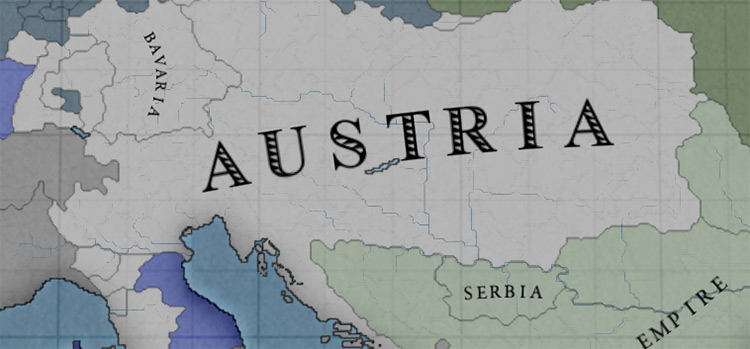
Tariffs are applied to foreign goods. This does not mean “goods produced in your country” as one would expect, but “goods outside of the domestic market”.
The difference is that the domestic market includes:
- Your own nation
- Puppets of the same master (even if you are one of the puppets and not the master).
- Members of the same sphere of influence (even if you are only a member and not a Great Power)
These are not affected by your tariffs. You, at the same time, are not affected by theirs.
If your domestic market is big enough, the impact of tariffs will be minimal.
Tariffs still apply to other Great Powers and their respective spheres of influence, so they should never be underestimated.
Finally, and counter-intuitively, tariffs do not work as a protectionist measure for your domestic industry. Factories and POPs will always try to buy from the domestic market first, meaning that competition from foreign powers on the domestic market is non-existent.
So if you have, say, a winery, POPs will purchase wine from there first. This is not because you have artificially raised the price of foreign wine through tariffs, but only because they always prefer domestic wines, regardless of price.
When To Raise Tariffs
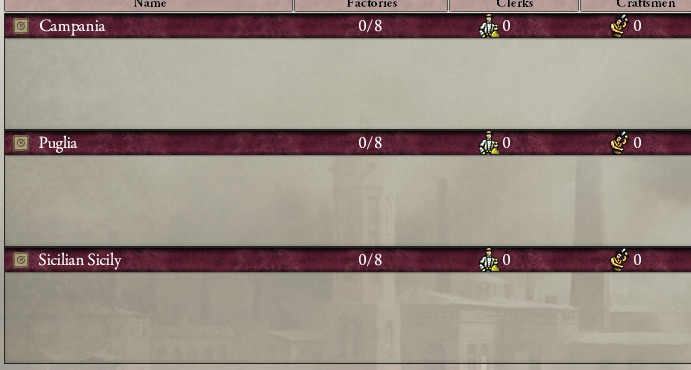
In the early game, you should often raise tariffs to 100% if you don’t have the Liberal (yellow) Party in power.
If you do, you can set it aside as long as your form of government allows it.
Most European countries in the game can appoint a ruling party of their choice at the beginning of the Grand Campaign. American democracies are not allowed to do so and must respect the results of elections.
This will allow you to build up reserves of cash necessary to construct the very first factories of your nation.
As your industry grows, so will the tariffs: new businesses bring in raw materials from all around the world and pay taxes for them.
For westernized nations, tariffs are a convenient tool to raise money in a pinch and can be a life-saver during critical moments. They should be treated as an emergency tool.
If used too often, they will effectively hamper growth by reducing the profitability of local factories and the overall industrial and military development of the country.
A Case For High Tariffs
While many benefits come from lowering tariffs, things are different if running a centralized planned economy. Usually endorsed by socialist and communist (light red and dark red, respectively) parties, these governments forbid capitalists from investing.
If your POPs cannot produce growth by building railroads and factories, they are only good for taxes. Squeezing them dry through tariffs is much more immediate and gets the same result as letting them enrich themselves over time.
You would get more revenue by allowing growth first and taxing later. In the present, though, the extra money can be used to create and maintain a powerful army that will generate revenue by annexing territory.
In general, if your growth is dependent on territorial expansion rather than rapid industrialization, you can go with high tariffs for the whole game.
When To Lower Tariffs
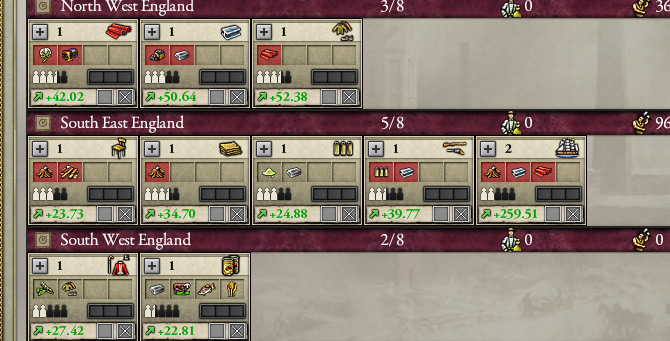
Tariffs are a crutch: when your economy is ready to run, you should remove them, or they will only make the task more difficult.
When you have enough factories, it might be time to reverse course.
Is your industry only staying afloat because you subsidize it as it has to pay all those pesky taxes on raw materials? Pause the game. Think long and hard: are tariffs bringing in more money than they cost you at this point?
This problem is only exacerbated when capitalists build their own, unsubsidized factories.
They may shut down before they can shine due to your tariffs, costing you precious industrial power.
To sum up: lower tariffs whenever your economy is well developed and don’t raise them again unless it’s an emergency.
This won’t usually reduce your income that much: with more money staying in their pockets, poor and middle-class POPs will pay more taxes and promote more often, while capitalists will build more factories, stimulating economic growth.
Negative Tariffs & How To Use Them
Negative tariffs, if you think about it, are just extra-low tariffs.
They are very expensive because a growing economy will result in growing tariffs and a growing deficit in your budget.
There are, however, a couple of important cases to mention:
- When you have a low score and rank, you may need to implement negative tariffs to increase the amount of goods you can buy. Negative tariffs do not grant privileged access to the world market. However, they ensure that, if you do get in, you can buy in larger quantities. Especially useful when you need to build up your military early on.
- If you want to jumpstart a factory or two by giving it access to extremely low-priced raw materials. This is only useful if you have a large domestic demand for the goods produced (does not matter if it’s from POPs or from the government). As this is a subsidy with extra steps, you should only resort to negative tariffs if standard factory subsidies don’t cut it.
- And if you want to make your POPs promote more then negative tariffs make luxury goods more affordable
These are the basics of tariffs in Victoria 2.
As your economy grows, you will need to adapt and compete fiercely with foreign powers. Tariffs are one of many tools to get a slight advantage and change the course of history.
